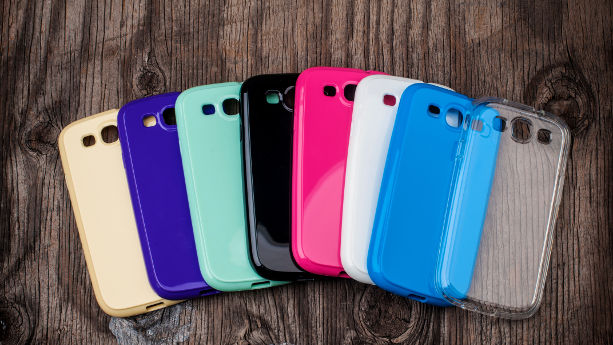
Planning to import, export or sell Phone Cases in the United States? This guide covers the basics of chemicals and heavy metals regulations, labeling and packaging requirements you must beware of.
Mentioned products
- Plastic phone cases
- Silicon phone cases
- Aluminum phone cases
- Leather phone cases
- Phone cases for children
Content Overview

FREE CONSULTATION CALL (US, EU & UK)
- Request a free 30-minute call with Ivan Malloci to learn how we can help you with:
- Find product requirements
- Certification and labeling
- Lab testing
California Proposition 65
California Proposition 65, also known as the Safe Drinking Water and Toxic Enforcement Act, was first enacted in the US in the state of California in 1986. It is intended to help Californians make informed decisions about protecting themselves from chemicals that could cause cancer, birth defects, or other reproductive harm.
Currently, the act has listed more than 800 harmful chemicals that could be found in consumer products, including phone cases.
Examples of restricted substances
- Lead
- Cadmium
- Mercury
- Phthalates
California Proposition 65 Lab testing
Due to the universality and the pervasiveness of California Proposition 65, it is necessary that phone case importers conduct lab testing on their products according to the requirements of the proposition. Accredited third-party lab testing companies generally offer complete and integrated chemical testing services.
This is a typical procedure before you have your phone case products imported to the US market.
Kindly note that most of the phone case manufacturers in China and Southeast Asia are not able to provide the California Proposition 65 Lab test reports.
Testing costs
The cost of California Proposition 65 lab-testing reports is generally $200 per material and color, but can be much higher depending on the individual lab-testing company and the quantity, quality, color or more specifications of the product.
Testing companies
Here is a list of companies that offer California Proposition 65 lab testing services.
Warning Labeling
Testing is not mandatory for complying with California Proposition 65. You can either choose to attach a warning label to your product or packaging or verify that your phone case products don’t contain any restricted substances above the limits set by the proposition, via a lab test.
Risks
Not all materials (e.g. plastics and aluminum) used to make phone cases are CA Prop 65 compliant. Further, print inks, paints, platings, and coatings may also be non-compliant. It’s therefore important to instruct your supplier to only use compliant materials, spray paints, coatings, platings or print inks. As also mentioned, lab testing is the only method available to verify compliance prior to importing the phone cases into the USA.
Children’s Phone Cases: CPSIA
All children’s products targeted to children below 12 years old, sold in the US market are subject to the regulations of CPSIA, which include phone cases for children. Here is a general overview of CPSIA requirements.
ASTM Standards
ASTM, the American Society for Testing and Materials, is an international standards organization that seeks to develop voluntary consensus technical standards for a wide range of materials and products, for the purpose of improving the safety and quality of the general products in the US market.
CPSIA requires that all the phone case products manufactured, imported and sold in the US market must be fully compliant with the applicable ASTM standards, such as ASTM F963.
Scope
- Heavy metals and chemicals restrictions
- Flammability
- Physical/Mechanical properties
Learn more
You can learn more about relevant ASTM standards and rules on this page.
CPSIA Testing
If you want to make sure that your products are compliant with the CPSIA standards or other applicable federal/state regulations, the best way is to send your phone case samples to a CPSC (Consumer Product Safety Commission) approved lab-testing company.
You must take the sample that the laboratory tests from the production run of the exact product you are importing, not a test report valid for any similar product.
Generally speaking, most lab testing companies do not charge quotation fee, and they will also help you to determine which ASTM and CPSC standards are applicable to your product.
List of CPSC approved testing companies
- Bureau Veritas
- QIMA
- SGS
- TUV
- Intertek
Click here for more CPSC approved testing companies.
CPSIA Testing Costs
The cost of CPSIA lab testing starts from around $300 per product. However, the final cost is determined by the number of products, applicable standards, materials, and colors.
Learn more
You can read more about CPSIA and ASTM lab testing in this guide.
Children’s Product Certificate (CPC)
The CPC, short for Children’s Product Certificate, is a legally required document that the importer or manufacturer must self-draft in English asserting that the product passed the tests of a third-party testing company approved by the CPSC (US Consumer Product Safety Commission).
The CPC certifies that a children’s product is compliant with the applicable safety regulations in the US. If you are importing phone cases that are specifically designed for children, it is mandatory for you to enclose a CPC with your product.
Here is a list of information you should consider including in your CPC:
Content Summary
1. Product name and description (e.g. Plastic Phone Case)
2. List of applied and mandatory ASTM and CPSC standards (e.g ASTM F963)
3. Importer information (name, address, email, phone)
4. Contact information of the person with access to the test report (name, address, email, phone)
5. Manufacturing location (city, province, country) and date (month, year)
6. Testing date (month, year) and location (city, province, country)
7. CPSC accepted third-party lab testing company (company, contact person, address, phone, email)
Learn more
Click Here for a complete guide on the process of composing a CPC for your product.
CPSIA Tracking Label
Children’s products that are specifically for use by children ages 12 or younger are required by CPSIA to carry a distinguishing permanent mark, typically known as “Tracking Label”. Please note that the tracking label should be affixed to the product and the packaging.
Below is the information you should include in your tracking label:
- Importer company name
- Production location
- Production date
- Batch number
Example
- Phone Cases Online LLC
- Production Location: Shenzhen, China
- Production Date: August 2020
- Batch Number: ABC34-079424-SZ1-CN
Label file
Technically speaking, importers should self-prepare all the tracking labels. It is less common for suppliers to provide tracking labels. The tracking label should be a print-ready version of the document with all the required information:
- Print position
- Dimensions
- Colors
- Print type
Country of Origin
The country of origin is mandatory when selling products in the USA, including phone cases. Therefore, always make sure your phone case products contain a permanently affixed label indicating the country of origin.
Examples
- Made in Malaysia
- Made in Vietnam
- Made in Thailand
- Made in Cambodia
Label file
Creating a labeling file for you and your manufacturers to share is very important, this will keep all the necessary information about labeling requirements organized and traceable. We recommend that you use .ai or .eps formats for your file.
Leather Phone Cases
If you are importing phone cases that have a certain fraction of their surfaces made of leather, they fall under the supervision of the FTC’s (Federal Trade Commission) 16 CFR (Code of Federal Regulations) Part 24, which regulates the labeling of leather products.
- Grade
- Quality
- Material content
- Thickness
- Serviceability
- Durability
For example, if all or a part of your leather phone cases are made of non-genuine leather materials, then you should specify on the product labels or instructions that this product is not made of leather. Instead, you should use words such as not leather, imitation leather, simulated leather, vinyl, vinyl-coated fabric, or plastic.
For more detailed information, check FTC’s guidelines on leather labeling.
Product Packaging
Other than guaranteeing the compliance of the main product, importers and manufacturers must also ensure that the packaging materials are compliant with the relevant standards.
Heavy Metals Restrictions
In the US, individual states have different statutes that set the levels of heavy metals such as lead, cadmium, and mercury allowed in packaging materials, dyes, and printing inks.
To determine whether your packaging materials adhere to these standards, you must contact a third-party testing company such as Bureau Veritas, TUV, or QIMA and have your packaging lab-tested.
Labeling Requirements
You may also be required that the packaging prominently display any applicable compliance marks and/or country of origin along with other labels.
Amazon Compliance Requirements
Amazon strictly enforces mandatory US product standards and usually requires all products sold on its platform to comply with the highest possible safety standards, even above and beyond the minimum required by law, whether you are an Amazon FBA seller or not.
To avoid having Amazon remove your listing, the first step is to familiarize yourself with its requirements for each category of product you plan to sell, which you can find on Amazon Seller Central.
How does Amazon check product compliance?
Amazon can decide at its discretion to review a product for compliance, during which process it may request from you lab test reports, certificates, product photos, and invoices.
What can happen if we sell non-compliant phone cases on Amazon?
Amazon may remove any product listing if they detect anyone who is selling non-compliant products. While they usually only remove individual SKUs, they may opt to remove all your listings or suspend your account.


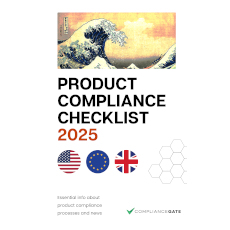
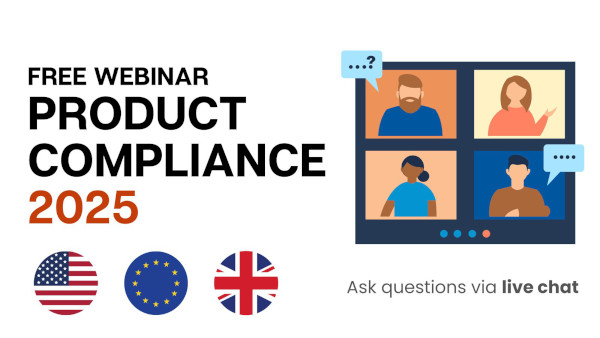
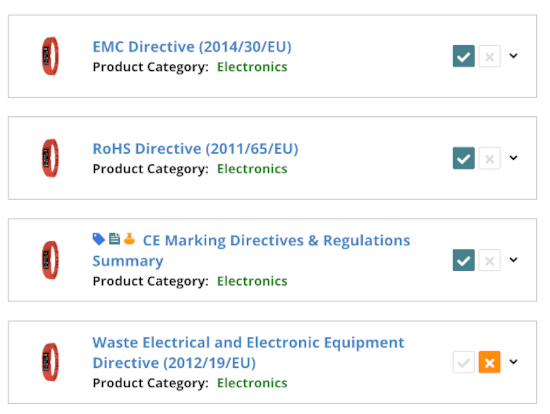
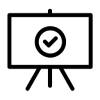





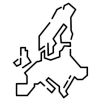

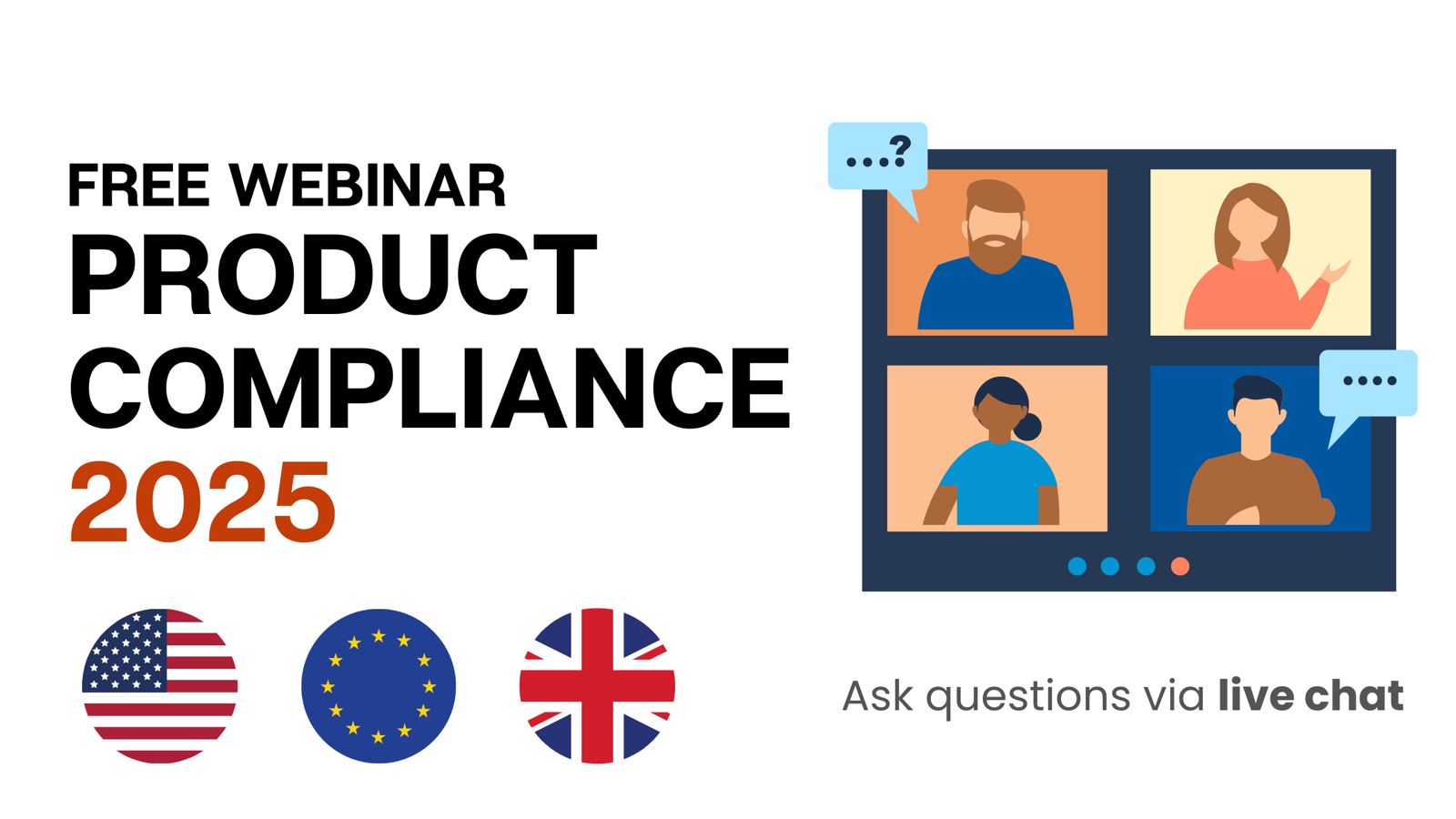
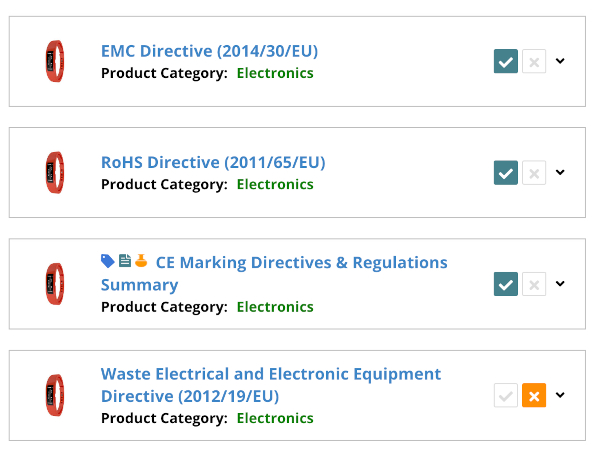

H&S stores are selling iPhone cases without any packaging labels or warning of product safety.Why is that not regulated??? Thank You